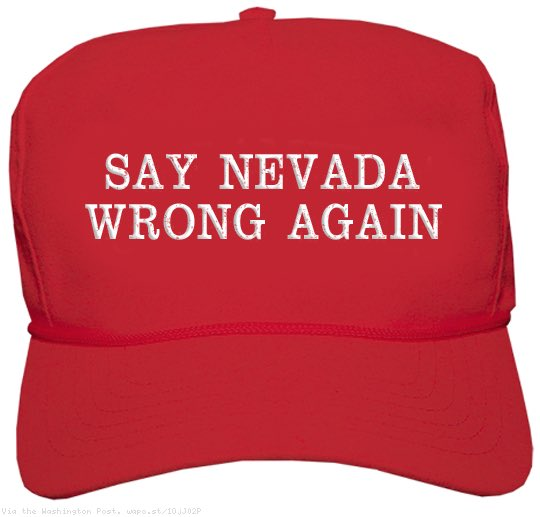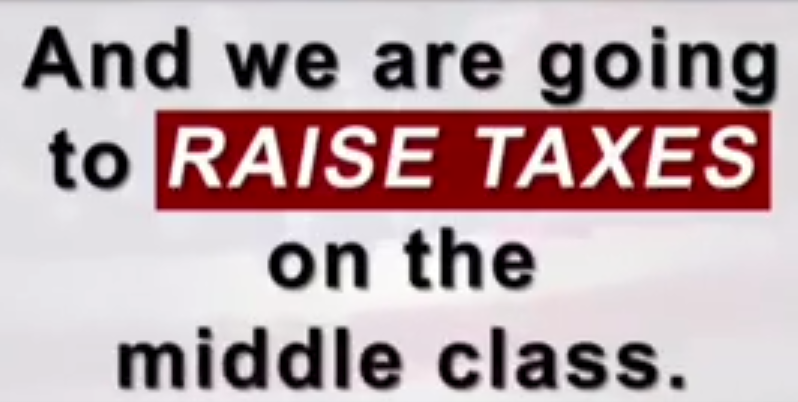Mollymooly's comment on yesterday's post ("The Donald's THE, again") deserves general attention:
1. A leopard is bigger than a cheetah, though both have spots.
2. The leopard is bigger than the cheetah, though both have spots.
3. Leopards are bigger than cheetahs, though both have spots.
4. The leopards are bigger than the cheetahs, though both have spots.
5. Your leopard is bigger than your cheetah, though both have spots.
6. Your leopards are bigger than your cheetahs, though both have spots.
For me at least, 1 and 3 are generic; 2 can be either generic or specific; ditto 5 and 6 (though generic is very informal); but 4 must be specific. There seem to be restrictions on when "the + plural-noun" can be generic: are these restrictions syntactic, semantic, pragmatic?
From the other side of the Atlantic, I agree with her judgments. Does the intuited specificity of 4 help us understand what's odd about Donald Trump's use of "the women", "the gays", etc.?
There are several literatures (from philosophy of language as well as linguistics) that converge here, and perhaps someone who knows them better than I do can summarize.
One comment: this is an area where there are subtle differences even among those languages that have categories approximately corresponding to English plurality and English definite or indefinite determiners. The Romance languages are clearly different from English here, but are they all the same among themselves? What about Germanic languages?


